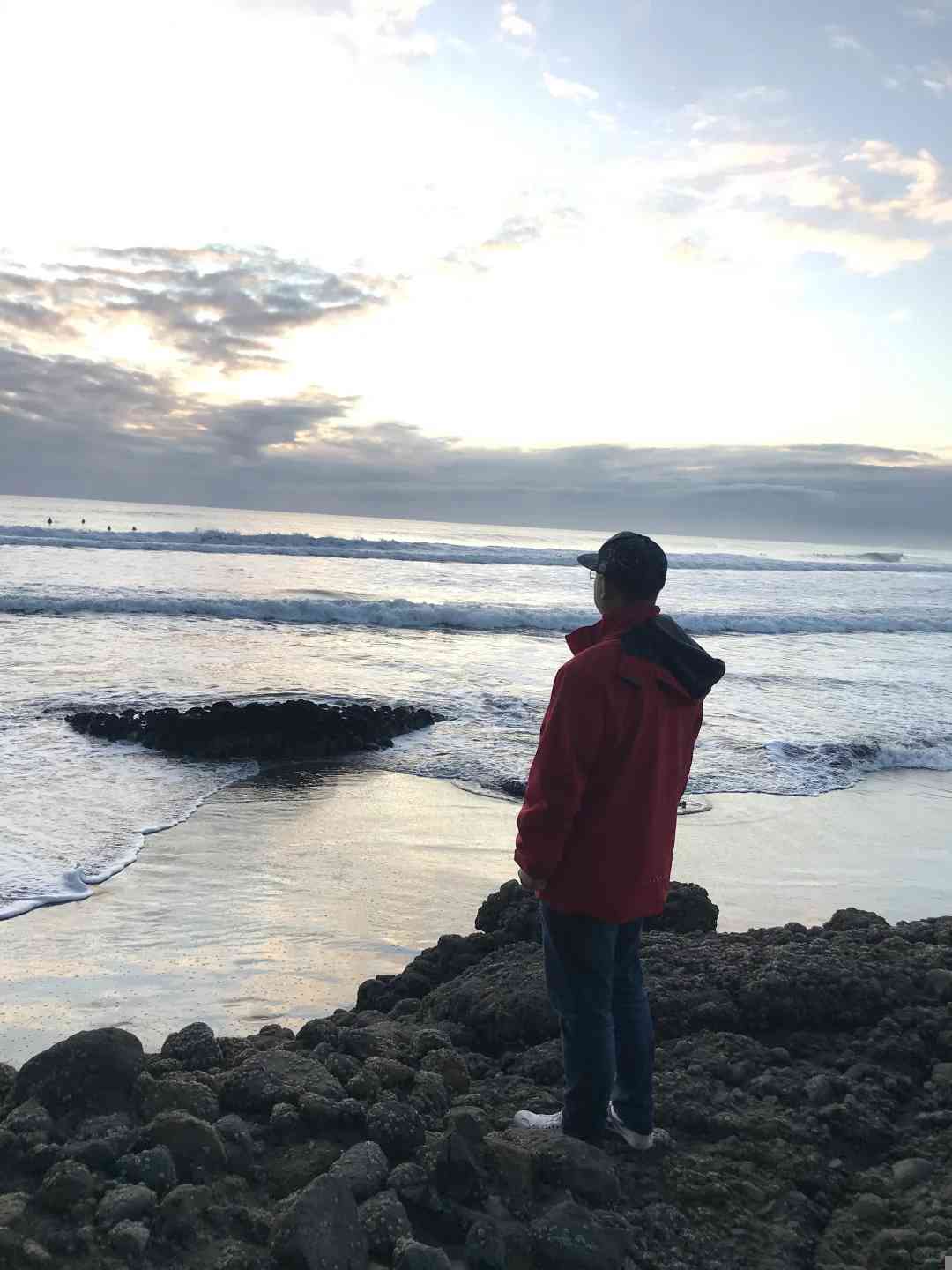Experiences and Feelings of Moving to New Zealand in Later Life
I belong to the 80s generation, now in my middle years, and I’ve been in New Zealand for nearly three years, arriving at one of the most challenging times. Many of my peers, both from the 80s and 90s generations, have either found success or are on the brink of it. Meanwhile, others, like myself, are still navigating the ups and downs. Reflecting on these past three years, despite the numerous hardships, the thought of giving up and leaving has never crossed my mind.

In a way, humans, much like animals, migrate in search of a more favorable environment. For us, this often means finding a place where the cultural and social atmosphere aligns with our needs and aspirations.
But is moving to New Zealand always a good decision? I believe the answer lies in one’s ability to adapt. If you can adjust, then it will be a positive experience; if not, it will be a constant struggle. The first and most crucial adjustment is language and culture. Language is the key to understanding how a community expresses itself, so learning a new language is essentially learning a new way of expression.
However, as Chinese people, we have our own unique way of communicating, and transitioning to a different mode of expression is no easy feat, especially when it comes to mastering the nuances of a language. My strategy is to engage more with local, native English speakers, which has proven to be an incredibly effective method for improving my language skills.
Overcoming my lack of confidence in speaking is a daily challenge, but I push myself to stumble through conversations and create as many opportunities for interaction as possible.
The second issue, which has caused me immense frustration, is the visa status. When I decided to study at a university, my goal was to obtain an open work visa through my studies, and I enrolled in a Postgraduate Diploma (PGD) program. At the time of my application, the policy allowed for a three-year work visa.
However, during my studies, the policy changed, reducing it to just one year. This shift, combined with an earlier amnesty and poor economic conditions, led to widespread layoffs, flooding the job market with individuals who already had residency and local work experience. As someone with average language skills, general visa conditions, and no local work experience, I found myself at a significant disadvantage.
To make matters more challenging, my background is in game design, with some programming experience from China. Game design is highly dependent on communication, particularly English proficiency, and my programming skills, while broad, are not specialized. This lack of expertise significantly limits my opportunities.
Additionally, the New Zealand game industry is much smaller compared to even a single developed city in China, with very few available positions. These factors have made it incredibly difficult for me to secure a job. Therefore, I believe that, aside from English and visa issues, anyone looking to find employment must ensure their skills align with what New Zealand needs, and it’s best to be an expert in one specific area.
Some agents provide misleading information, often using vague details or a form of mental victory to encourage you to move forward. Once you pay the agency fee, they often wash their hands of your situation. It’s crucial to seek advice from non-biased sources before making such a significant decision.
Currently, I am working at a motel in a small city. While big cities offer limited opportunities for someone like me, small cities have more openings, even if they don’t contribute to obtaining residency. This job helps alleviate the financial pressure, allowing me to stay afloat. As we say in World of Warcraft, “You need to stay alive to deal damage.” First, stay alive, prepare actively, and wait for the right opportunity to come along.
This post has been quite long, and I look forward to sharing more insights in the future.

